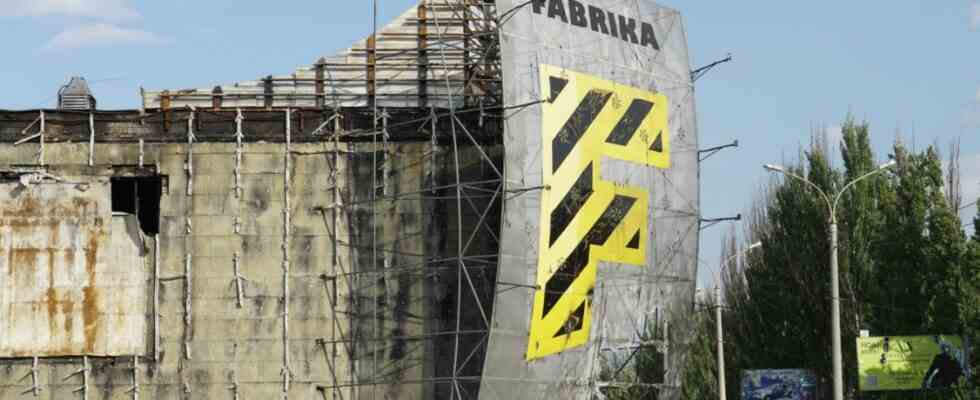A report released on Thursday The human rights organization Amnesty International accuses the Ukrainian armed forces of regularly endangering civilians in the war with Russia. The Ukrainian army would routinely station troops in residential areas, schools and sometimes in hospitals, and launch attacks from there. The report was, among other things sharply criticized by Ukrainian President Volodymyr Zelensky. He accused him of “shifting the responsibility from the attacker to the victim”.
According to the report, Amnesty officials have analyzed satellite imagery and documented the current or previous presence of the Ukrainian military in various civilian facilities, including five hospitals that are said to have been used as “military bases”. Several witnesses are quoted, some with drastic descriptions, of the consequences of Russian attacks on Ukrainian soldiers stationed in such places, during which civilians are said to have been regularly killed.
“We have no say when it comes to what the military does. But we pay the price,” a woman was quoted as saying. The report contains no sources or photos, although it relies heavily on circumstantial evidence, such as equipment allegedly left behind by Ukrainian soldiers. Only at the end of the text does it say that the tactics of the Ukrainian armed forces do not justify the Russian attacks. However, the tone of the previous account is different.
Civilians often do not want to leave their homes
The Ukrainian section of Amnesty International has meanwhile distanced from the report. No one was involved in the article and the objections raised later were ignored. Also, the material could not be viewed in advance.
Hanna Maljar, Ukraine’s Deputy Defense Minister, stressedthat war crimes would of course be prosecuted and punished. Mykhailo Podoliak, an adviser to the President of Ukraine, also said: “Ukraine strictly abides by all laws of warfare and international humanitarian law. The absolute priority for the Armed Forces of Ukraine is to protect the life and health of every citizen in the face of Russia’s barbaric aggression.” Help the population to flee from combat zones. However, not all residents wanted to leave their places of residence. In fact, Ukraine regularly calls on its citizens to leave areas where hostilities are expected.
There is little doubt that the Ukrainian army is actually in residential areas and civilian facilities. Also a United Nations report accused the Ukrainian army – like the Russian one – as early as June of positioning troops near civilian facilities and – albeit particularly on the Russian side – of using civilians as protective shields.
The Geneva Convention, which Russia and Ukraine signed, stipulates that a distinction must be made between civilian and military installations and that civilians must be treated with care in all cases. But if ammunition is stored in a residential building, for example, it can certainly be a legitimate war aim. A hospital in which the weapons of the soldiers treated there are kept is not a target according to the Geneva Convention. In addition, an appropriate warning must be sent ahead of attacks on such objects. It can be assumed that the Russian troops are more likely not to comply with this regulation during their attacks.
Complete protection of the civilian population is hardly possible
Not only does the Amnesty report overlook these important details of the Geneva Convention, it also lacks the sophistication of the older UN report and completely ignores the reality of the war. From the beginning of the invasion, Russian attacks were aimed particularly at cities and other urban centers. Military experts emphasizethat in battles in cities it is of course desirable, but practically impossible, to keep the civilian population and civilian institutions completely out of the fighting. In the case of the Ukrainian armed forces, there is also the fact that they not only consist of the regular army, but also of regional defense units, which were often set up very quickly and only with improvised equipment, especially in the early stages of the war. Of course, these troops also stayed in residential areas and did not immediately set up camp in remote forests.
As the Russian war crimes, now well documented by the UN, show, it was and is necessary to protect the civilian population in particular from the Russian army. Amnesty International’s report largely ignores these important factors in assessing the conflict and its aftermath, suggesting that the Ukrainian army was at least partly to blame for attacks on civilians. The human rights organization has not yet commented on the criticism of the report.
Friday’s British Intelligence briefing can be understood almost as a comment on the Amnesty report: the British point out that the Russian army is stationing troops and artillery near the nuclear power plant in Zaporizhia to protect them from attacks there.

